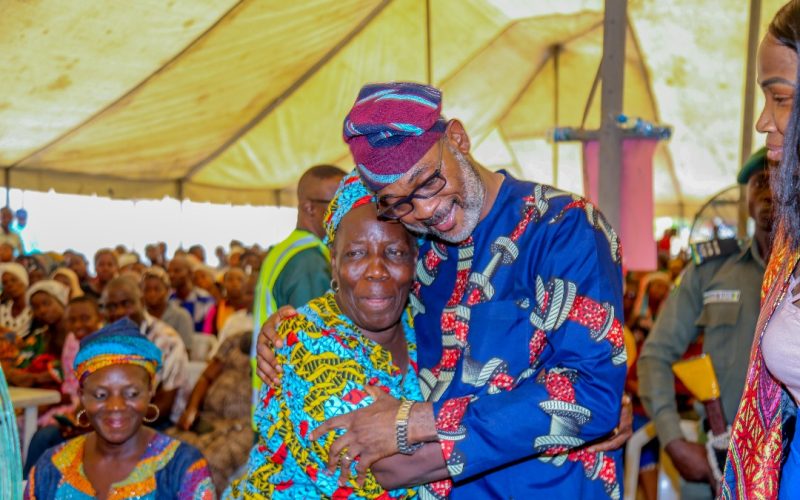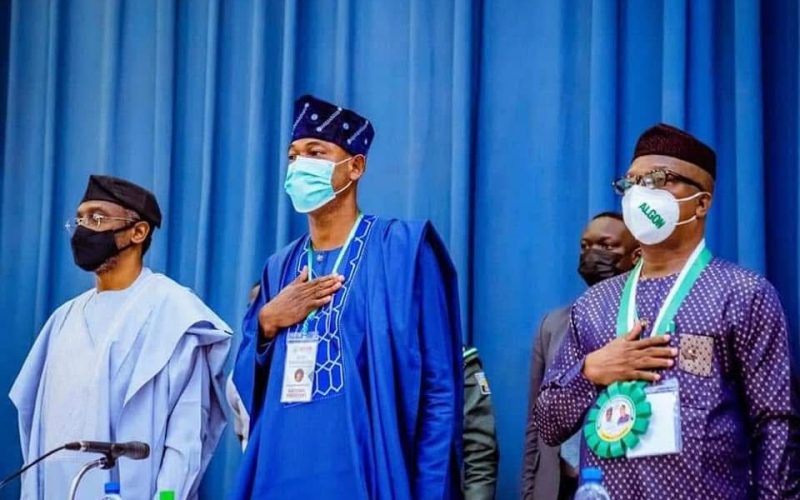Hon. Alabi Kolade David approaches governance not as a quest for personal ambition, but as a deep and deliberate commitment to public service. His entry into grassroots leadership was inspired by a conviction that capable individuals must rise to the task of community development. For him, politics is not merely about holding office, but about shaping lives through intentional and people-centered governance.
At the heart of his leadership philosophy is the belief that governance should be proactive and strategic. He identifies as a forward-thinking leader—one who anticipates challenges and maps out solutions well ahead of time. This proactive mindset has shaped his approach to leadership, ensuring that decisions are made not in reaction to crises but in anticipation of future needs.
A defining feature of Hon. Alabi’s governance style is his emphasis on community-driven leadership. He believes that true progress can only be achieved when leaders actively engage with their constituents, listen to their needs, and co-create solutions with them. He consistently prioritizes tools such as needs assessments, participatory budgeting, and open forums to ensure that projects reflect the genuine needs of the people. This has helped to build trust and foster a sense of ownership among community members.
For Hon. Alabi, governance must always serve the public interest. He is firm in his position that public office should never be treated as a profit-making venture. Instead, it should be about creating impact, delivering results, and improving lives. His administration has continuously championed policies that strike a balance between fiscal responsibility and social equity.
Another cornerstone of his philosophy is the belief in bottom-up development. He maintains that sustainable national growth begins at the local level. When communities are empowered, states become stronger and a stronger state contributes to a more stable and prosperous nation. His administration consistently focused on building from the ground up, ensuring that no community was left behind in the development conversation.
Inclusivity also lies at the core of Hon. Alabi’s leadership. He strongly advocates for the active involvement of all societal groups, particularly young people. He believes that youth are not just the leaders of tomorrow, but vital partners in governance today. Through youth-centered initiatives and inclusive policies, he has worked to open up leadership spaces and promote diverse participation in public affairs.
Finally, Hon. Alabi recognizes the need for innovation and reform within local government structures. He champions the integration of digital tools and e-governance as a means of improving transparency, accountability, and service delivery. He believes that institutional reforms, such as establishing permanent ICT departments and modern administrative frameworks, are critical to ensuring continuity and progress beyond individual tenures.
In summary, Hon. Alabi Kolade David’s leadership philosophy is one rooted in service, guided by community needs, and driven by a vision for sustainable, inclusive, and bottom-up development. It is a philosophy that seeks not only to govern, but to empower and not just to lead, but to transform.
Copyright © 2026 Alabi Kolade David










